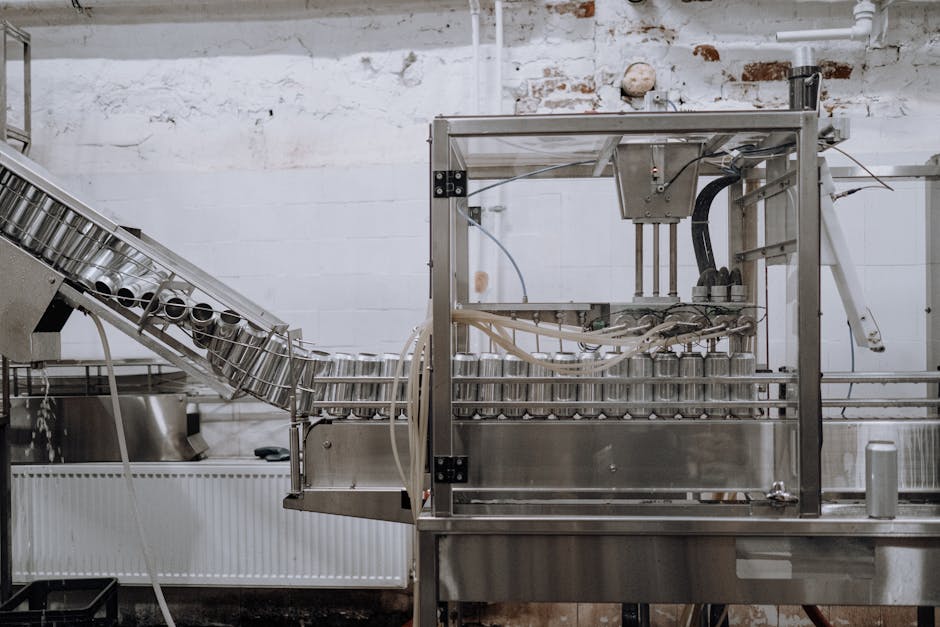
Robotic Process Automation
Robotic Process Automation, commonly referred to as RPA, is a technology that uses software robots or virtual assistants to automate repetitive tasks. With RPA, businesses can streamline their operations, increase efficiency, and reduce human error.
One of the key benefits of RPA is its ability to mimic human actions and interact with various computer systems and software applications. This allows businesses to automate processes across different departments, such as finance, human resources, customer service, and more.
RPA is particularly useful for tasks that are rule-based and require manual data entry, data extraction, or data validation. By automating these tasks, businesses can free up their employees' time and resources to focus on more strategic and value-added activities.
Implementing RPA requires a careful analysis of existing processes and identifying appropriate areas for automation. Once identified, software robots can be programmed to perform the necessary actions and tasks, often using drag-and-drop interfaces and workflow builders.
In addition to increasing efficiency and reducing errors, RPA can also lead to cost savings. By automating manual tasks, businesses can achieve significant time and resource savings, leading to increased productivity and profitability.
Overall, Robotic Process Automation is a powerful technology that can transform the way businesses operate. By automating repetitive and rule-based tasks, businesses can achieve operational excellence and stay competitive in today's rapidly evolving business landscape.
